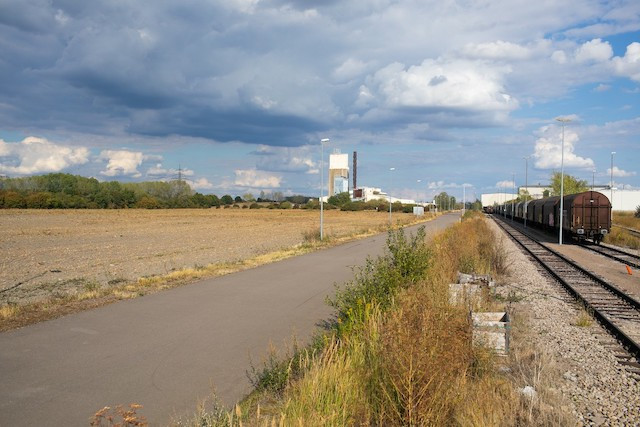Members of the opposition in parliament in 2018 commissioned the report after economy minister Etienne Schneider (LSAP) in 2016 had sold a piece of land to Fage with the aim of building a yoghurt factory. The plans eventually fell through after Fage pulled out of the project after more than four years of talks failed to result in planning permission.
The Court of Auditors--a watchdog that can be seized by parliament--said there was no documentation of the negotiations between the ministry and the company. It is therefore unclear why the land was sold rather than leased--a common practice for industrial sites owned by the state--and how both parties agreed on a price.
The government pledged to buy back the land for the original price of around €30m.
Under a 1993 law, a special committee including the economy and finance ministry should have been consulted for opinion on the transaction, but this didn’t happen, the report presented to lawmakers on Monday said.
The shortcomings reach well beyond Fage, the Court of Auditors said. It investigated a sample of nine cases in which the state appears as the owner of an industrial site, saying all of them lacked proper economic and financial analysis, highlighting a lack of communication between both ministries.
Two thirds of the samples analysed fell under the DP-LSAP-Déi Gréng coalition government.
Schneider at the start of 2020 stepped down from his post but several projects he initiated have since caused trouble for the government.
Lawmakers spent months interviewing people involved in a military observation satellite that ended up costing twice as much as budgeted under Schneider in his role as defence minister. The Court of Auditors has been tasked with investigating this case, too.
Residents and NGOs filed more than 20 complaints against the project with the communes of Bettembourg and Dudelange, which the site straddles, mostly over environmental concerns. The plant was expected to use 2.5m litres of water a day to operate--the equivalent of a city with 18,000 inhabitants.
Environment minister Carole Dieschbourg (Déi Gréng) has since advocated for the environmental footprint of companies looking to establish themselves in the country to play a bigger role in granting business permits.
The economy ministry in November announced it would create a new “Luxembourg Strategy” unit to better incorporate sustainable, social and environmental criteria in the country’s economic transition.
The €280 million investment by Fage was supposed to create up to 300 jobs. Previously, the Differdange and Sanem communes shot down plans for a rockwool factory, another Schneider project, over pollution concerns.
Fage pulled the plug on the yoghurt plant shortly after the public prosecutor opened an investigation into its balance sheets.
Fage over a period of eight years paid more than $53m to two consulting companies, its annual report shows. But the companies don’t employ any staff and are tied to the family behind Fage.
Economy minister Franz Fayot (LSAP), who succeeded Schneider, had defended the payments as tax optimisation in a meeting with lawmakers on 17 September but MPs from the CSV opposition party forwarded documents to the prosecutor for investigation.
Lawmakers on 11 January said they would further analyse the report and then decide its next steps.
